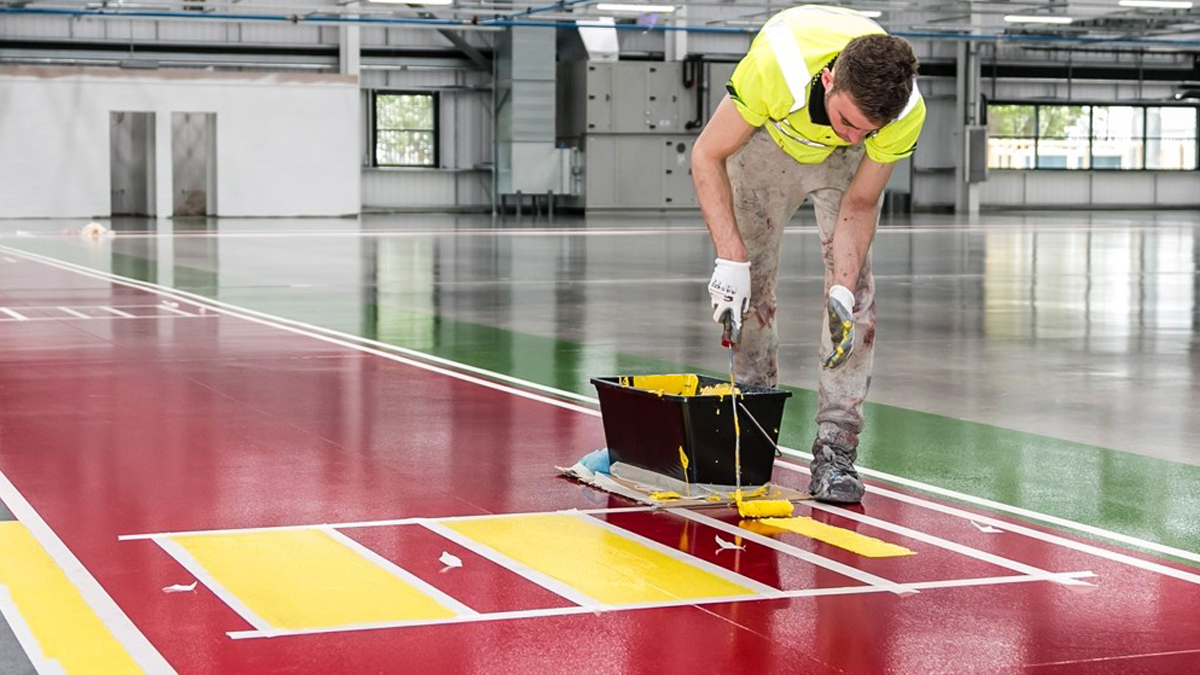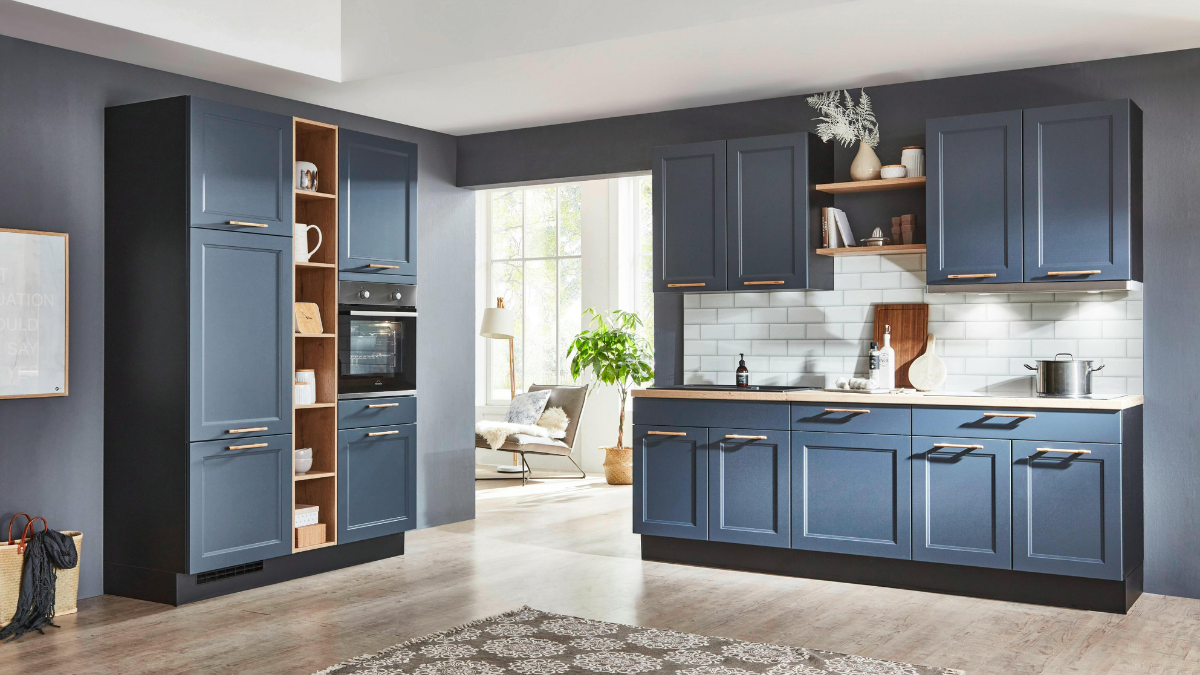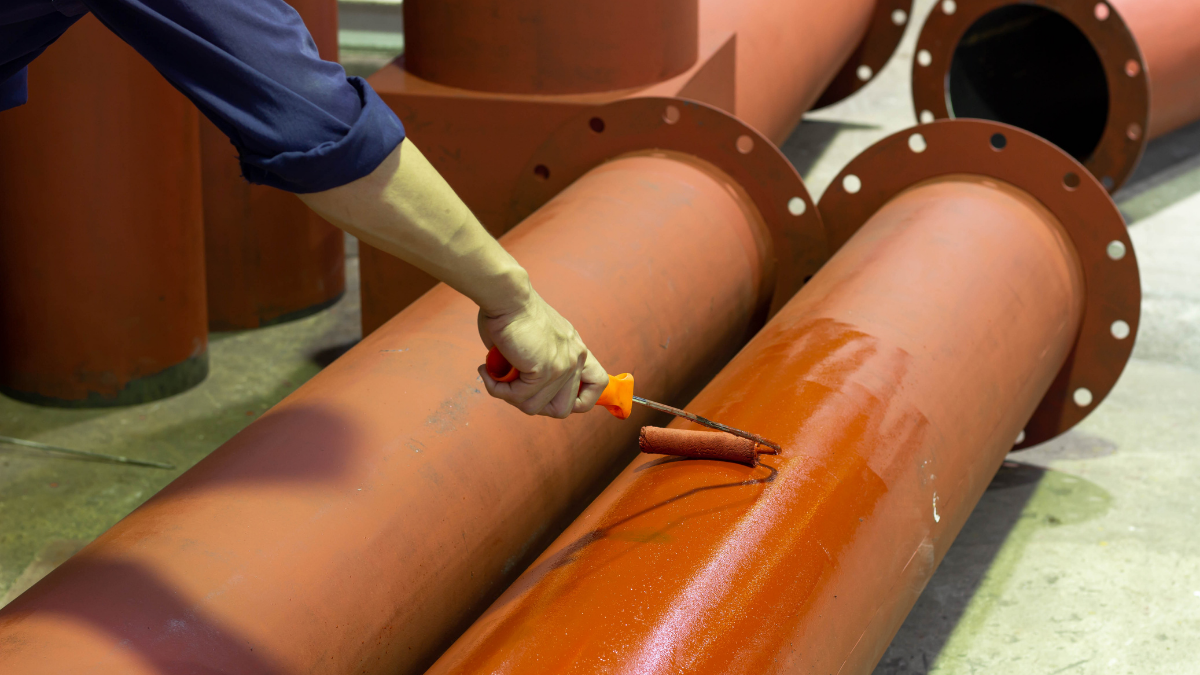Industrial floors see a lot of wear and tear. They are constantly exposed to heavy foot traffic, machinery, and harsh chemicals. As a result, it is important to choose a durable and safe floor paint.
There are a number of factors to consider when choosing an industrial floor paint. The type of floor, the amount of traffic it will receive, and the chemicals it will be exposed to are all important factors.
Once you have chosen the right type of paint, it is important to apply it correctly. Proper preparation is essential for a durable and long-lasting finish.
Tips for Choosing the Right Industrial Floor Paint
- Type of floor: Different types of floors require different types of paint. For example, concrete floors require a paint that is specifically designed for concrete.
- Traffic: The amount of traffic the floor will receive will help you determine how durable the paint needs to be.
- Chemicals: If the floor will be exposed to harsh chemicals, you will need to choose a paint that is resistant to those chemicals.
Ready to transform your industrial floor? Contact our experts today for a free consultation and tailored recommendations.
Beyond the basic factors of floor type, traffic, and chemical exposure, there are specific paint types tailored to industrial environments. Let’s delve deeper into some common options:
- Epoxy Floor Paint: Already mentioned, epoxy is a popular choice due to its durability, chemical resistance, and ease of cleaning. It’s ideal for high-traffic areas and environments with heavy equipment.
- Polyurethane Floor Paint: While less durable than epoxy, polyurethane offers excellent abrasion resistance and is often used in areas with moderate traffic and exposure to chemicals.
- Acrylic Floor Paint: Acrylic paints are known for their quick drying time and flexibility. They’re suitable for both indoor and outdoor applications but may not be as durable as epoxy or polyurethane in extremely harsh conditions.
- Water-Based Floor Paint: Environmentally friendly, water-based paints offer low VOC emissions and are easy to clean up. However, they may not be as durable as solvent-based paints, especially in heavy-duty applications.
Maintenance and Longevity
Once your industrial floor is painted, proper maintenance is crucial to extend its lifespan:
- Regular Cleaning: Sweep or mop the floor regularly to remove dirt and debris that can accelerate wear.
- Avoid Harsh Chemicals: Use mild cleaning agents to avoid damaging the paint.
- Address Spills Promptly: Clean up spills immediately to prevent staining or damage.
- Inspect for Wear: Periodically inspect the floor for signs of wear and tear. If you notice peeling, cracking, or fading, consider repainting or applying a protective coating.
Did you know?
Epoxy floor paint is one of the most durable types of industrial floor paint. It is also resistant to chemicals and stains.
Tips for Applying Industrial Floor Paint
- Preparation: Proper preparation is essential for a durable and long-lasting finish. Make sure to clean and degrease the floor before applying the paint. You may also need to etch the concrete to help the paint adhere better.
- Priming: In some cases, you may need to prime the floor before applying the paint. This will help the paint adhere better and provide a more even finish.
- Application: Apply the paint in a thin, even coat. Allow the paint to dry completely before applying a second coat.
If you are looking for a professional industrial floor painting company, please call Campione Painters at (404) 587-5723. We have years of experience painting industrial floors and can help you choose the right paint for your needs.



